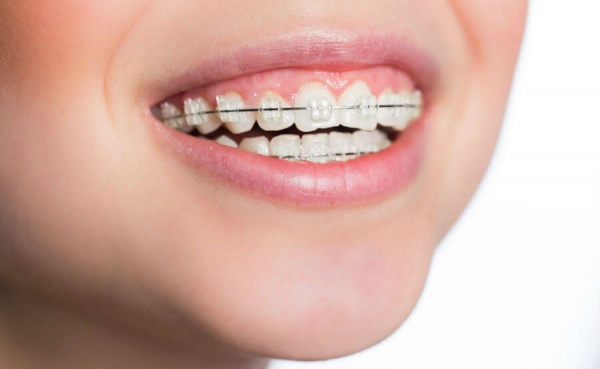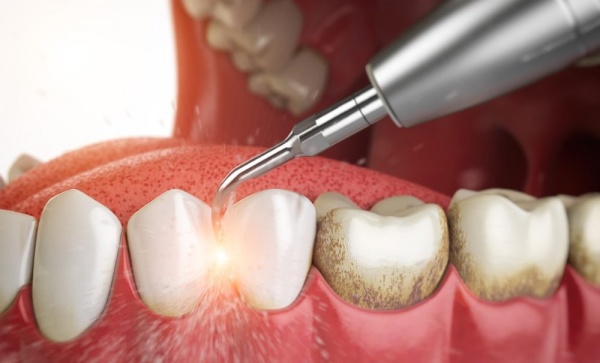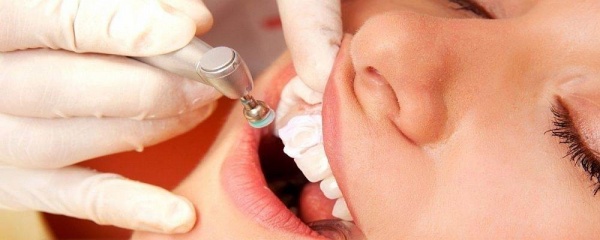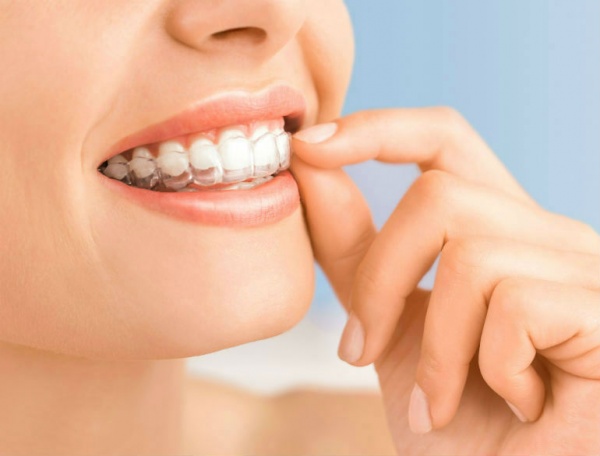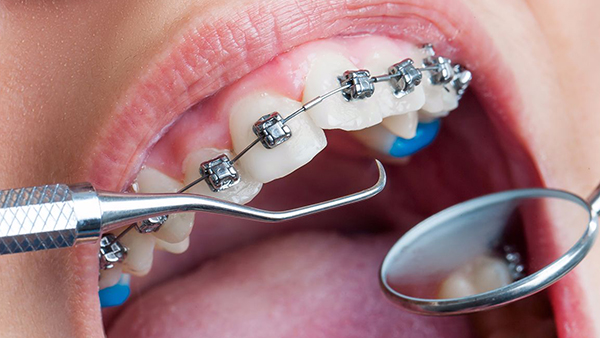The color and structure of our teeth depend entirely on how we take care of them, how we eat, and how well we monitor their condition. If you suddenly have a darkened tooth but no pain, then you need to look for the cause. In this article, we will tell you in detail what to do if your teeth turn black.
First, you need to figure out exactly how the tooth turned black. It is very easy to tell. Examine your smile carefully; if your teeth are unevenly colored and the darkening is only on top, like a film, then it is stained plaque that you failed to remove during cleaning.
If any tooth is darkened from the inside and differs in color from the others, it is a signal of secondary caries under an old filling or problems after previously performed root canal treatment. Now let's look at each cause in more detail.
- Tea, coffee and cigarettes. The main enemies of a white smile are strong dyes. Strong tea and coffee have the most powerful staining effect. Teeth also quickly turn yellow and become covered with a dense black-brown plaque when abusing cigarettes. If you smoke a lot and drink only strong coffee and tea, you will have to work hard to keep your smile white. Ideally, you should quit smoking and limit your tea and coffee intake.
- Dental trauma. If the tooth is damaged, internal bleeding or nerve death is possible, the tooth will be black inside, so you can change its color only after a thorough treatment of the canals, and in case of severe darkening canal whitening will help.
- Poor-quality fillings and removed nerve. If after the placement of the filling there is a dark rim around it, then it urgently needs to be replaced, because the tightness of the connection is broken. Darkening of the tooth after the removal of the nerve is quite natural, it ceases to receive nutrition, it becomes grayish in color.
Black plaque on your teeth not only spoils your smile, it can also cause cavities if you don't fix them. Do you want your teeth to be white and healthy at all times? Visit your dentist regularly, and you'll never know about toothache, black plaque and other problems.
Black teeth in adults are understandable, but blackened baby teeth are confusing for parents. A young child's teeth can get darker, too, even if you're careful with their hygiene and they don't have any chronic medical conditions. Dark spots and dots on baby teeth need attention because permanent teeth can be affected if left untreated.
If you notice dark stripes on your child's teeth near the gums, this is called Priestly plaque. It is related to the development of the digestive system and passes with age. However, a consultation with a pediatric dentist does not hurt.
Children's black teeth are a wake-up call for a visit to the dentist. It is important to take your baby for a preventive check-up, since dental diseases, gum disease and various pathologies develop much faster at this age than in adults.
The method of treatment is chosen strictly on an individual basis, depending on the cause and the general condition of the mouth.
If black streaks or stains appear on the teeth due to improper care, a professional hygiene appointment is made.
If your teeth are blackened by food colorings, then professional or home whitening, using special pastes and eliminating colorful foods from your daily menu can help.
If your teeth have turned black due to decay, you need to have your teeth cleaned and restored, and you need preventive procedures to strengthen your teeth.
To keep your teeth white, healthy and free of plaque and toothache, it's important to take good, thorough care of your mouth. Talk to your dentist who can teach you how to brush your teeth properly, help you find the right brush and toothpaste, and tell you what you need to watch out for.

